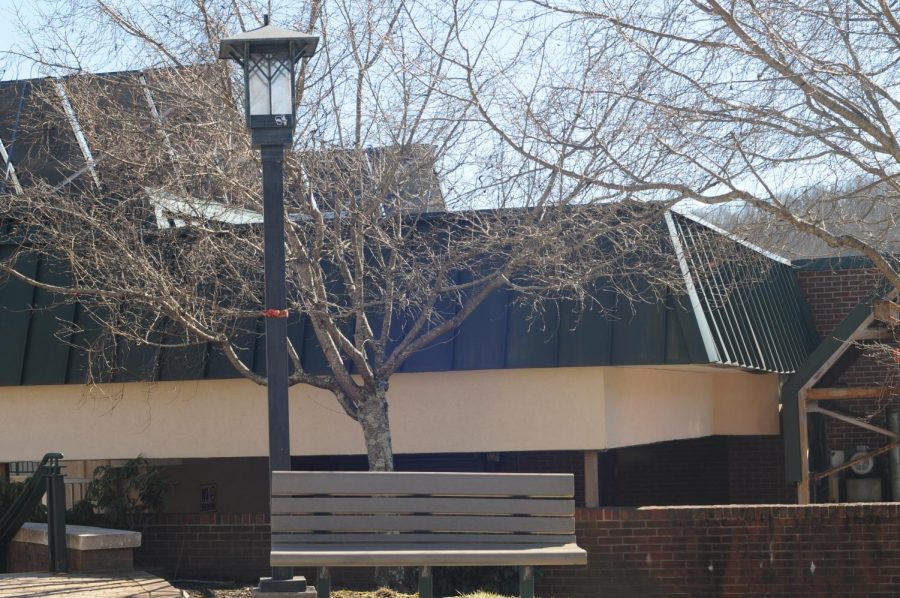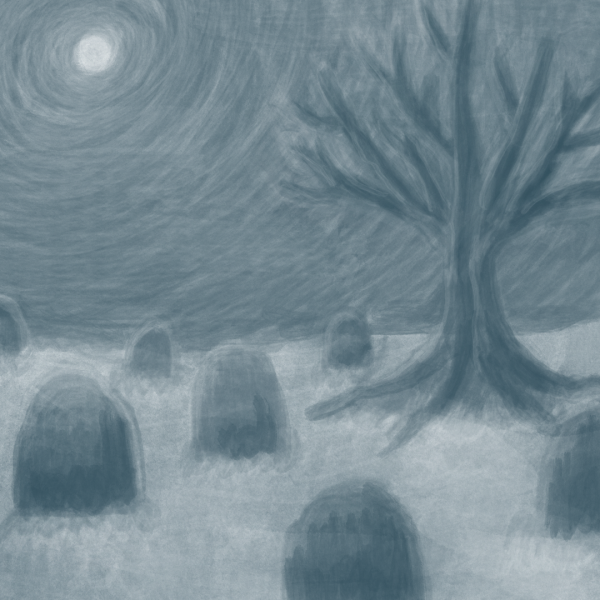Boone Fair Housing passes anti-homeless architecture resolution
No architecture in Boone qualifies as “anti-homeless,” but the Boone Fair Housing Task Force passed its resolution through the town council to make sure it isn’t built in the future.
March 4, 2021
The Boone Fair Housing Task Force lobbied for and passed a resolution through Boone Town Council to ban anti-homeless architecture.
According to Macmillan Dictionary, examples of anti-homeless architecture include slanted bus shelter seats, benches with bulky armrests and studded window ledges.
The resolution, written by Dalton George, passed on Feb. 16 with four yes votes and one no from council member Connie Ulmer. A resolution means that the council agrees to not pass anything that would go against its contents.
George, an App State alum, is the founder of the Boone Fair Housing Task Force. He recently served as president of College Democrats and canvassing director for the Watauga County Democratic Party. He also worked toward similar causes as an App State student.
George said he has had family members experience homelessness.
“I think in Boone we sometimes forget that we do have a sizable population struggling with houselessness,” George said. “Even though we may not see it directly, it is there. For me, it is really nice to just have (the resolution) there.”
According to the resolution, Boone is in a seven-county region in North Carolina with the third-highest rate of homeless families in rural America. In January of 2019, the state had 9,314 homeless people, making up a little less than .01% of the population. In 2020, 397 of those people lived in the High Country region.
Boone Fair Housing has passed resolutions in the past with the council. This is the first one the task force wrote and presented to the council, as opposed to drafting alongside the council.
There is no constructed architecture in Boone that qualifies as “anti-homeless.” The resolution was passed to make sure it doesn’t happen.
COVID-19 has increased the number of people experiencing homelessness who require assistance from organizations like the Boone Hospitality House. Since the pandemic began in March 2020, Hospitality House has seen a 196% increase in food costs, said Todd Carter, director of development.
Carter said he applauds the resolution’s adoption.
“It’s great that we’re doing this so it won’t become an issue,” said Carter. “It’s like they’re working to stop a problem before it starts.”
Carter says the Hospitality House has historically received a lot of support from the town. In 2008 the Hospitality House was moved from West King Street to its current location, using a $3.5 million grant from the town. Watauga County donated the land for its construction.
George mentioned that moving the Hospitality House makes homelessness “out of sight and out of mind.” He said it is easy for students to forget about Boone’s homeless population with the separation between campus and community.
Anti-homelessness architecture goes against the Hospitality House mission of dignity, Carter says.
“(It’s) bigotry and it’s traumatic, and I’m glad that they took this step to pass a resolution against it,” said Carter.
It may be some time before Boone’s neighbor Blowing Rock takes similar steps, however. Blowing Rock Town Council member Sue Sweeting says that homelessness has never been an issue in Blowing Rock and she does not see the need to pass a resolution for something that hasn’t happened.
“Right now, we are very fortunate to not have a ‘homeless problem’ (sic). I have been reading about the resolution that Boone passed and feel if the need arises, we also would be looking into it,” said Doug Matheson, Blowing Rock council member.
Since the resolution’s passing in Boone, George will work with Boone’s planning department to ensure all of their policies align with the resolution.
After the adoption of the resolution, the town council requested that the planning department work with the planning commission.
The planning commission is made up of appointed citizen volunteers. They will review, clarify and bring a work product with details of the resolution for further consideration by the town council.
The work product will outline what needs to be done by the planning department, who are currently in the process of making it.
“It is the bare minimum, I understand it’s not ending homelessness. Anything that I think makes somebody’s existence a little easier is a necessary step,” George said.
















Lisa Naoum • Mar 6, 2021 at 10:57 am
Of course blowing rock don’t have a homeless problem that’s because br is money money money all the town is rich people they don’t give a damn about us poor people or hungary or homeless just as long as it is not in there face then it’s so easy for them to ignore it but that is rich people for ya